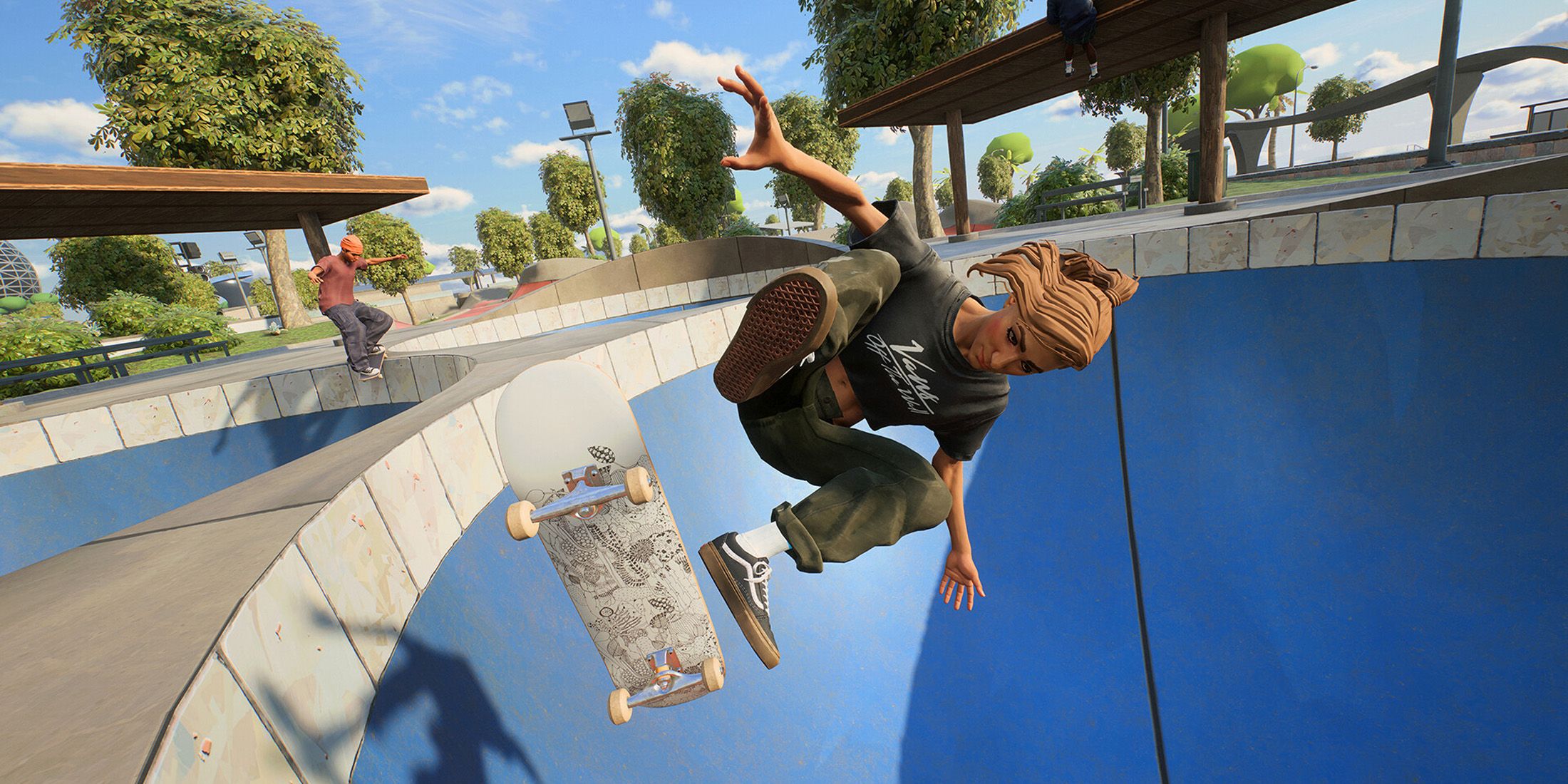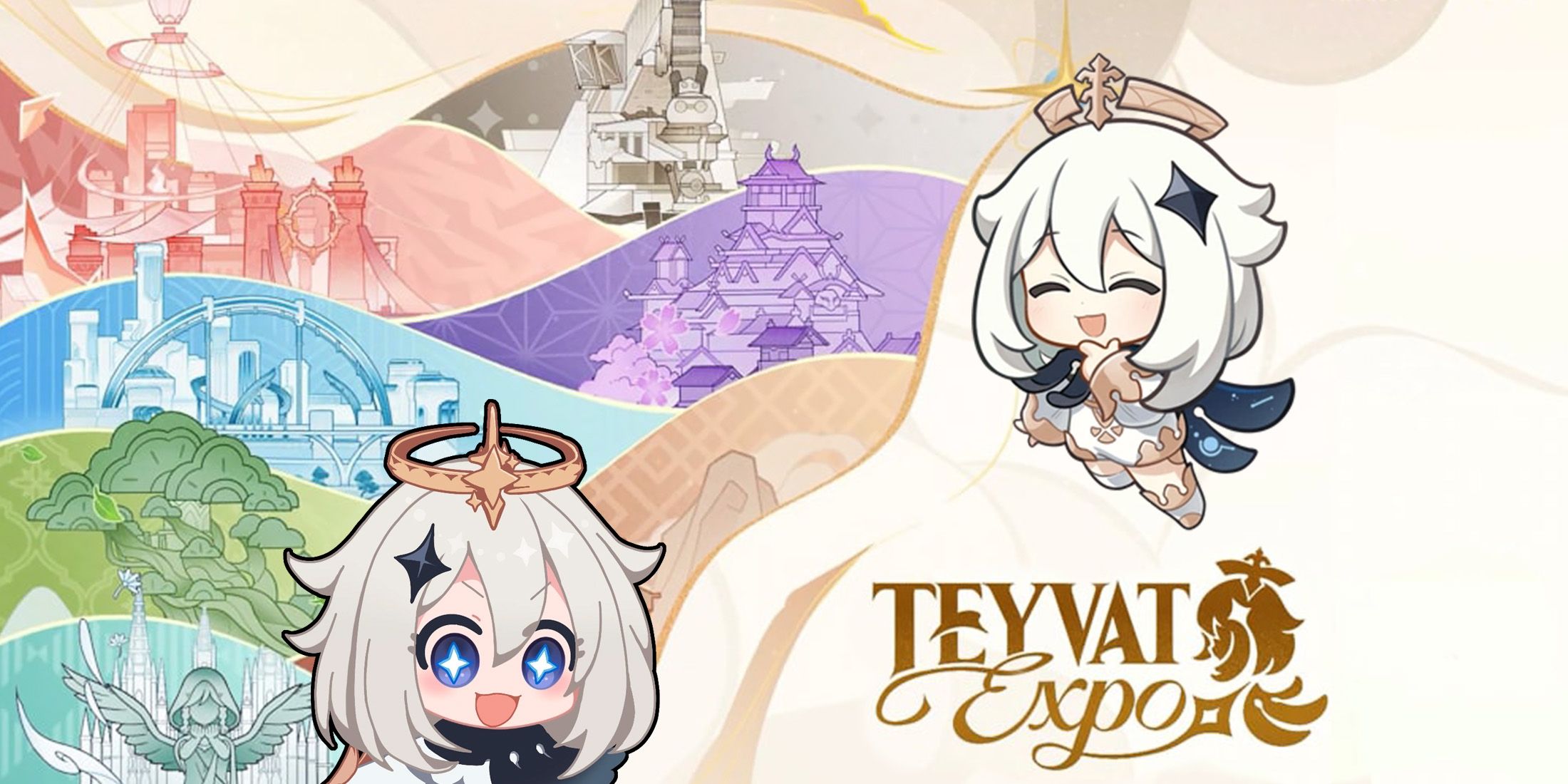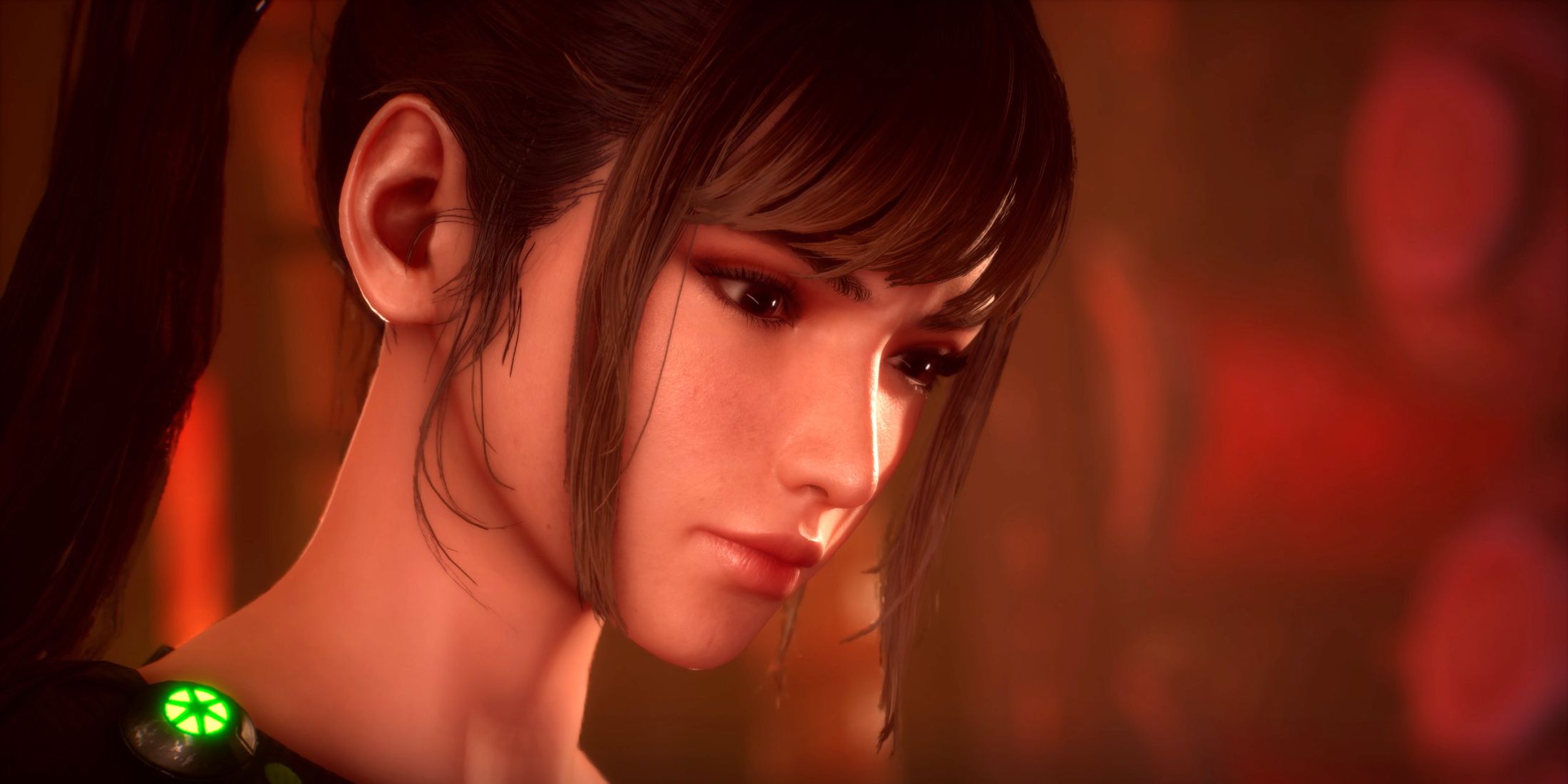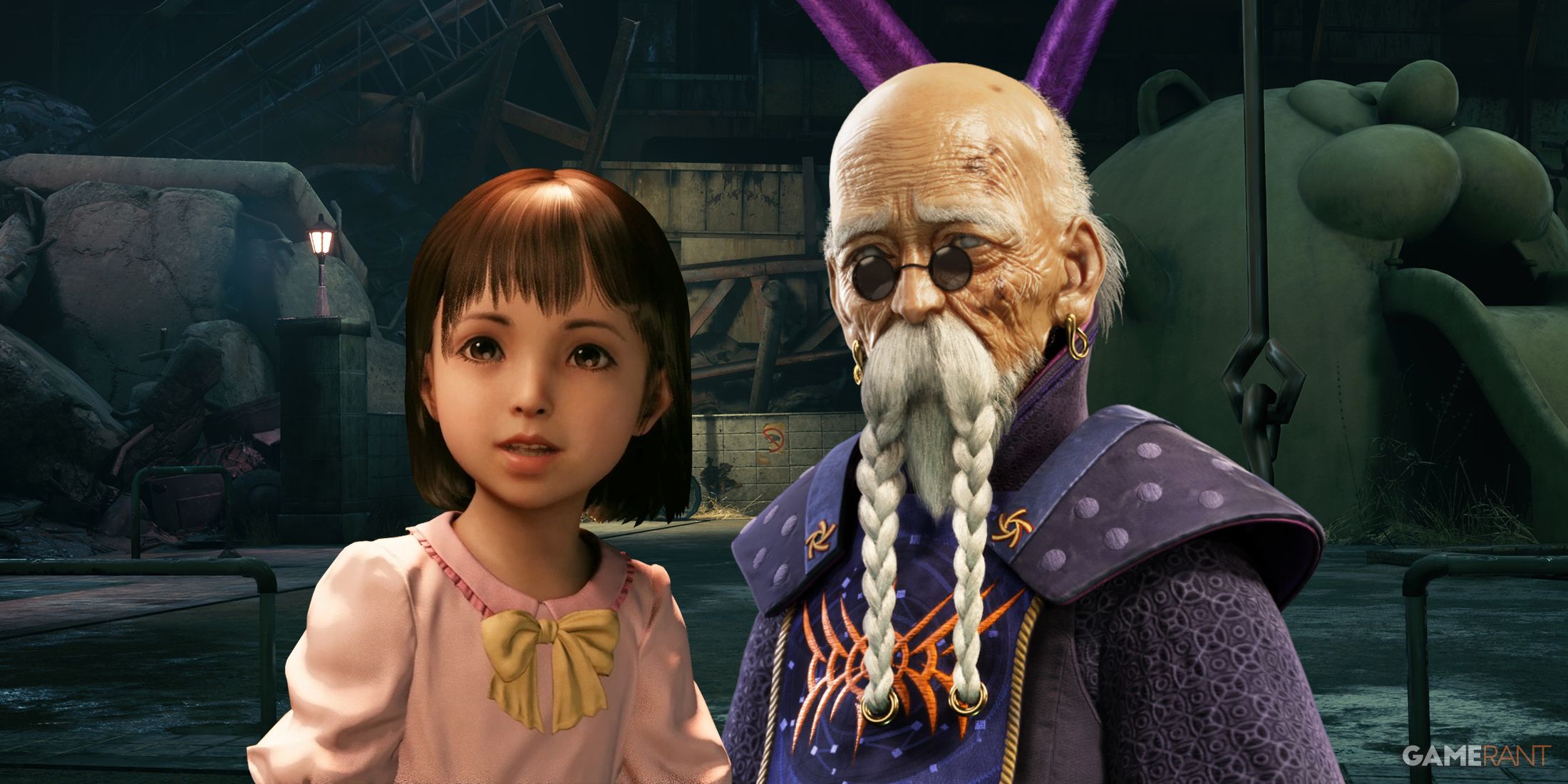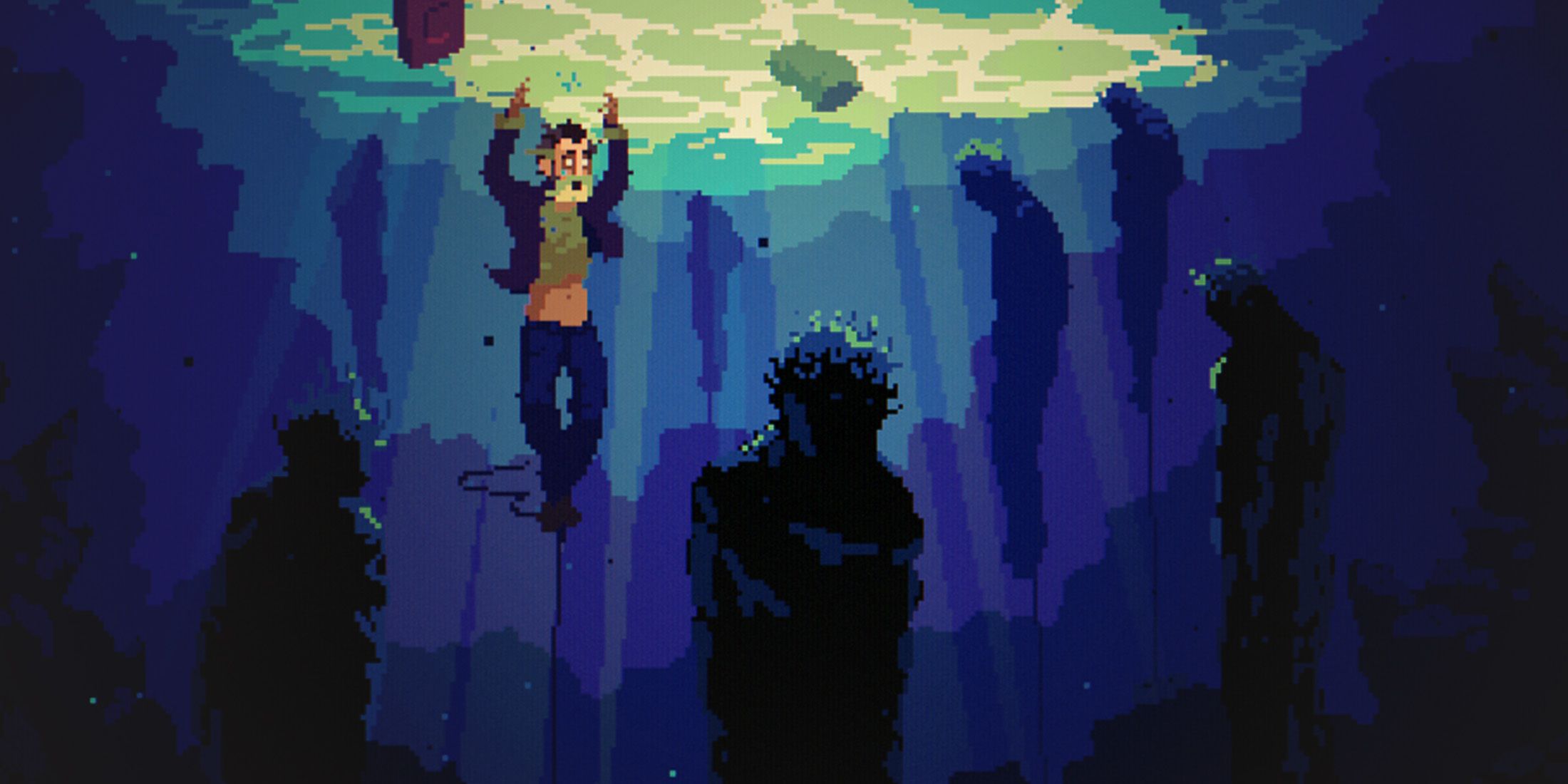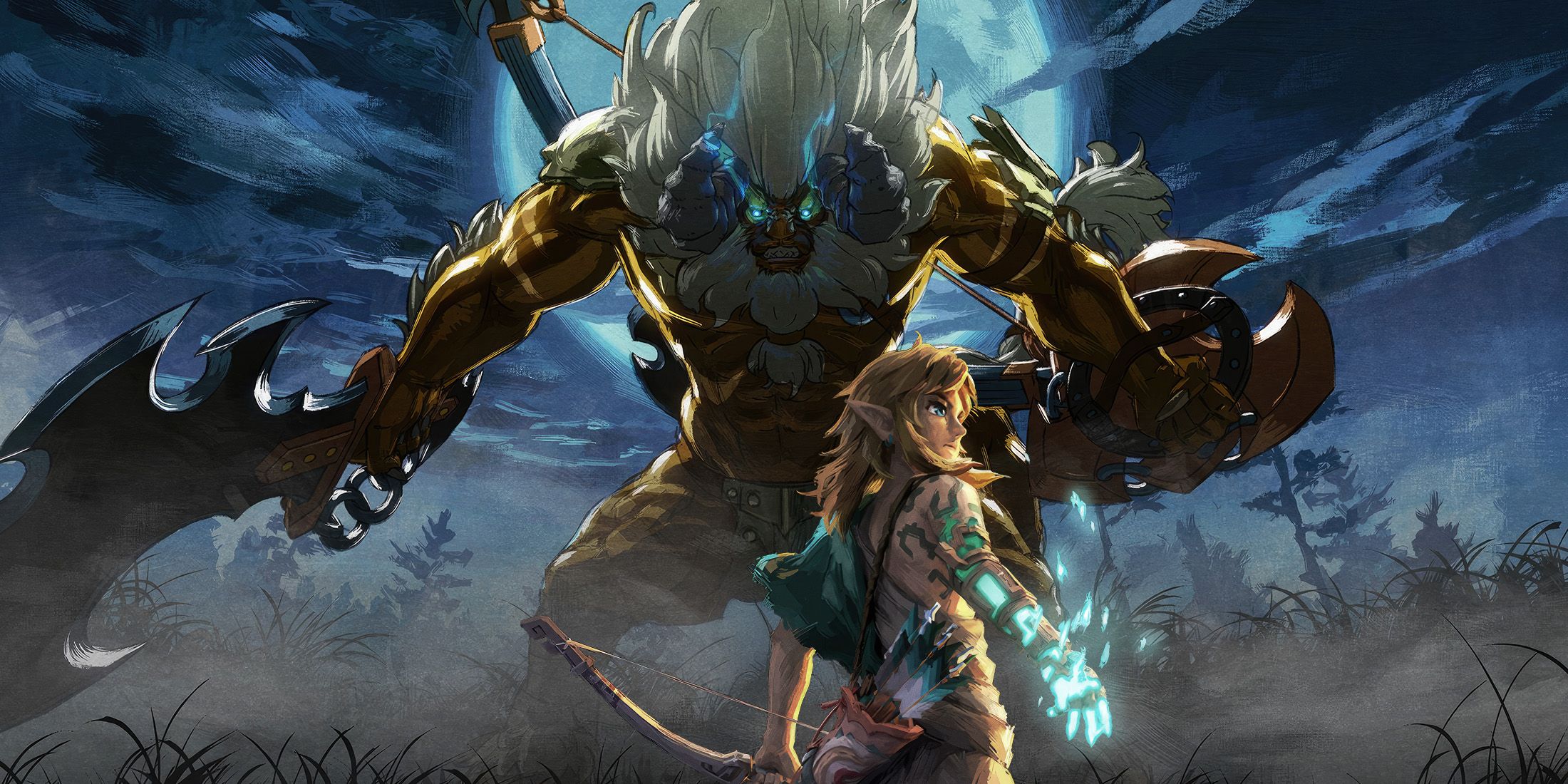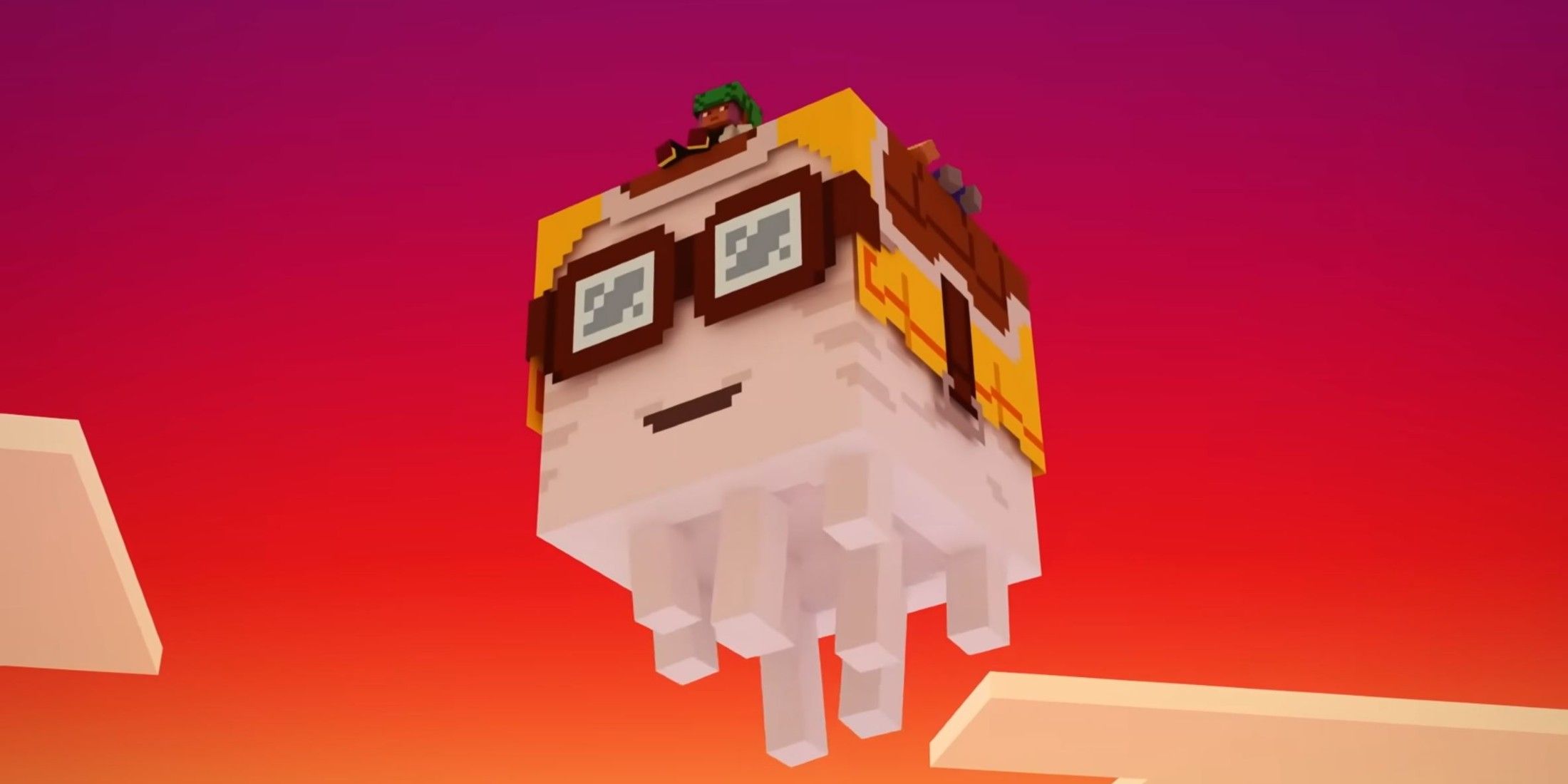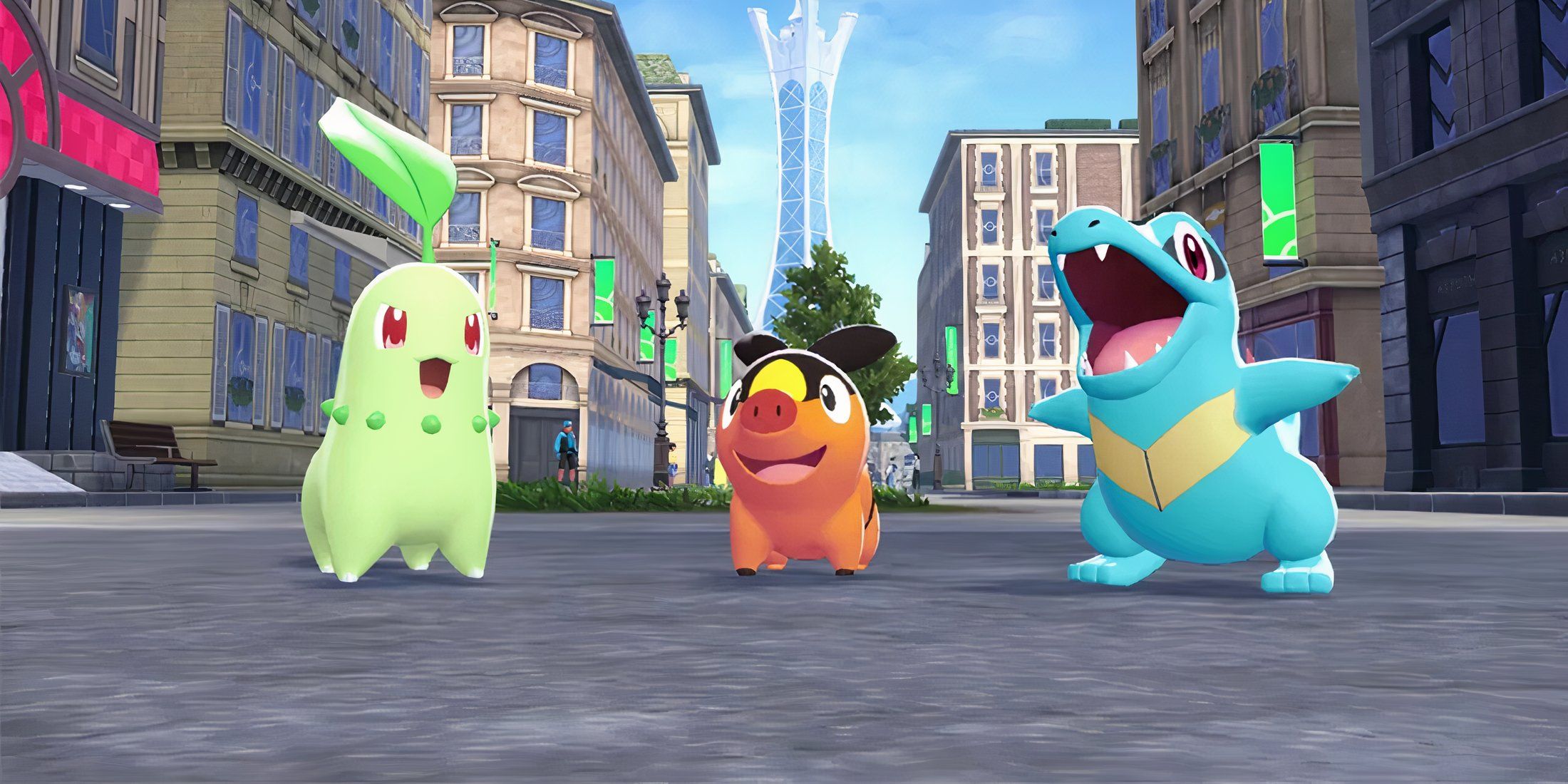
For many Asians, heightened xenophobia and the rise in hate crimes during 2020, and now through 2021, added extra stress and trauma to their everyday lives. In a now too-familiar story, Chanhee Choi, a South Korean student at the University of Washington, was attacked in downtown Seattle by a racist assailant, ranting about Chinese people and the coronavirus. Afterward, she decided to do something that only she could have done to bring awareness to the issue.
She decided to make a game about it.
“It was around the beginning of the pandemic, in 2020,” said Choi. “I was walking down the street in downtown Seattle. At the moment I was just back from a trip home to see my family. There, everyone was wearing masks, but here, nobody did it. I was the only one wearing a mask because I just came from South Korea, so I was worried about being around others, if it was possible to get coronavirus. I was just protecting myself, but I didn't expect that someone could judge me or have a problem, or think wearing a mask makes me look like I'm sick. Suddenly one guy started yelling at me like, ‘Are you Chinese? You brought coronavirus.’ He raised his fist to my face. I looked around for help and everyone turned away, like they didn’t want to see me. I felt like I was the only Asian in the city, even though Seattle has so many. I was there by myself, knowing what he was doing to me. I had never felt this kind of fear in the United States. Since that happened, I don’t go downtown alone now. At the time I noticed that every time Trump was on the news, he mentioned the China virus. But why did that happen to me? That was my first question. It really affected me. I wanted to share this kind of feeling and sadness, so others could try to understand the experience that I had.”
A creative response to hate: When targeted in a heinous crime, the artist turned her own experiences into an empowering video game that raises awareness and empathy for victims of bigotry.
With bravery and resilience, a victim of hate crime turned her trauma into inspiration by crafting an immersive video game that not only tells the story but also fosters empathy. A powerful testament to art's capacity for healing.
A fiery combination of creativity and defiance, this video game not only celebrates an artist's resilience but also acts as a powerful tool against hatred. Its design beautifully reflects the author-turned-'survivor', bringing unprecedented narrative depth to contemporary struggles for inclusion.
A poignant tale of creativity overcoming adversity, 'An Artist Was Targeted in a Hate Crime. So She Designed A Video Game' not only recounts an act of resistance but showcases the transformative power video games can have as both expression and therapy.
With resilience and creativity, this artist's decision to develop a video game following her hate crime fixation transforms trauma into empowerment – an awe-inspiring narrative tackling prejudice through multimedia gaming excellence.
Inspiring narrative of resilience through innovation: an artist turned the tragedy of a hate crime into creative energy, designing a video game that represents her voice in solidarity against intolerance.
A magnificent example of artistic resilience and empowerment, 'An Artist Was Targeted in a Hate Crime. So She Designed a Video Game' showcases not only her creativity but also stands as an inspiration against tolerance misuse.




